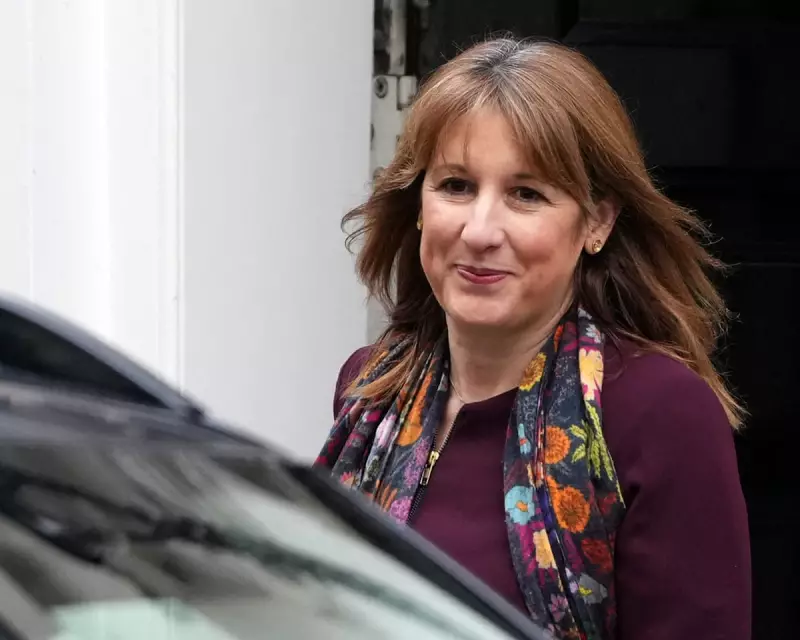
Chancellor Pressed for Full Council Tax Revaluation
Chancellor Rachel Reeves is facing calls to initiate a complete overhaul of England's council tax system in next week's budget, as the Treasury prepares to target the most expensive properties with a new annual levy. Experts argue that the current rumoured plans don't go far enough in addressing fundamental inequalities.
The Proposed Changes to Property Taxation
The Treasury has reportedly developed proposals to update property valuations for homes in council tax bands F to H, which currently rely on assessments made in 1991. Properties exceeding a threshold expected to be set between £1 million and £2 million could face an additional flat-rate charge of approximately £2,000 to £3,000 annually, on top of their existing council tax bills.
This new charge, described by some as a "mansion tax," would generate revenue directly for the Treasury. However, the Institute for Fiscal Studies has warned that a partial revaluation would add complexity to an already outdated system.
Expert Reactions and Wider Implications
Helen Miller, director at the IFS, stated that the approach "has the air of trying to scrape a bit more money where you need it, as opposed to just grasping the nettle." She questioned why the government wouldn't undertake a full revaluation of all properties, given that the current system remains based on valuations over three decades old.
The New Economics Foundation's deputy chief executive, Hannah Peaker, echoed these concerns, warning that "doing this in a haphazard way risks perpetuating the inequalities our current system creates." She advocated for designing a fairer and more comprehensive property tax instead.
Successive governments have avoided council tax revaluation due to fears of political backlash, particularly from "asset rich, cash poor" households who might face higher bills despite limited income. The Resolution Foundation's principal economist, Adam Corlett, welcomed the progressive approach, noting that "those in the most expensive properties are paying the least as a share of their incomes" under the current system.
The proposed levy is expected to raise less than £1 billion annually, depending on the final threshold and charge amount. The policy likely won't be implemented immediately and may include a deferral scheme allowing homeowners to pay the charge from their estate after death, preventing forced sales among older residents.




